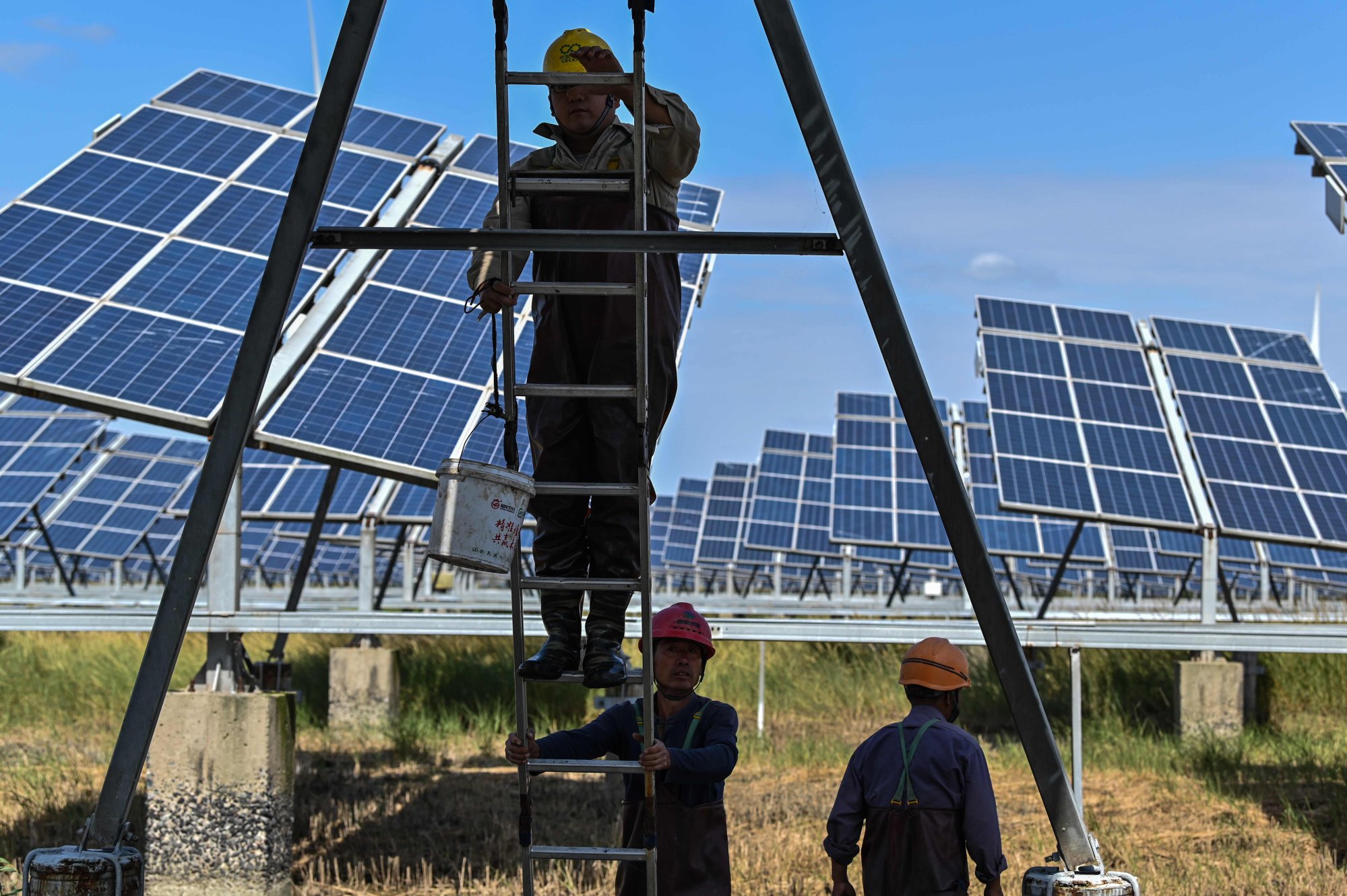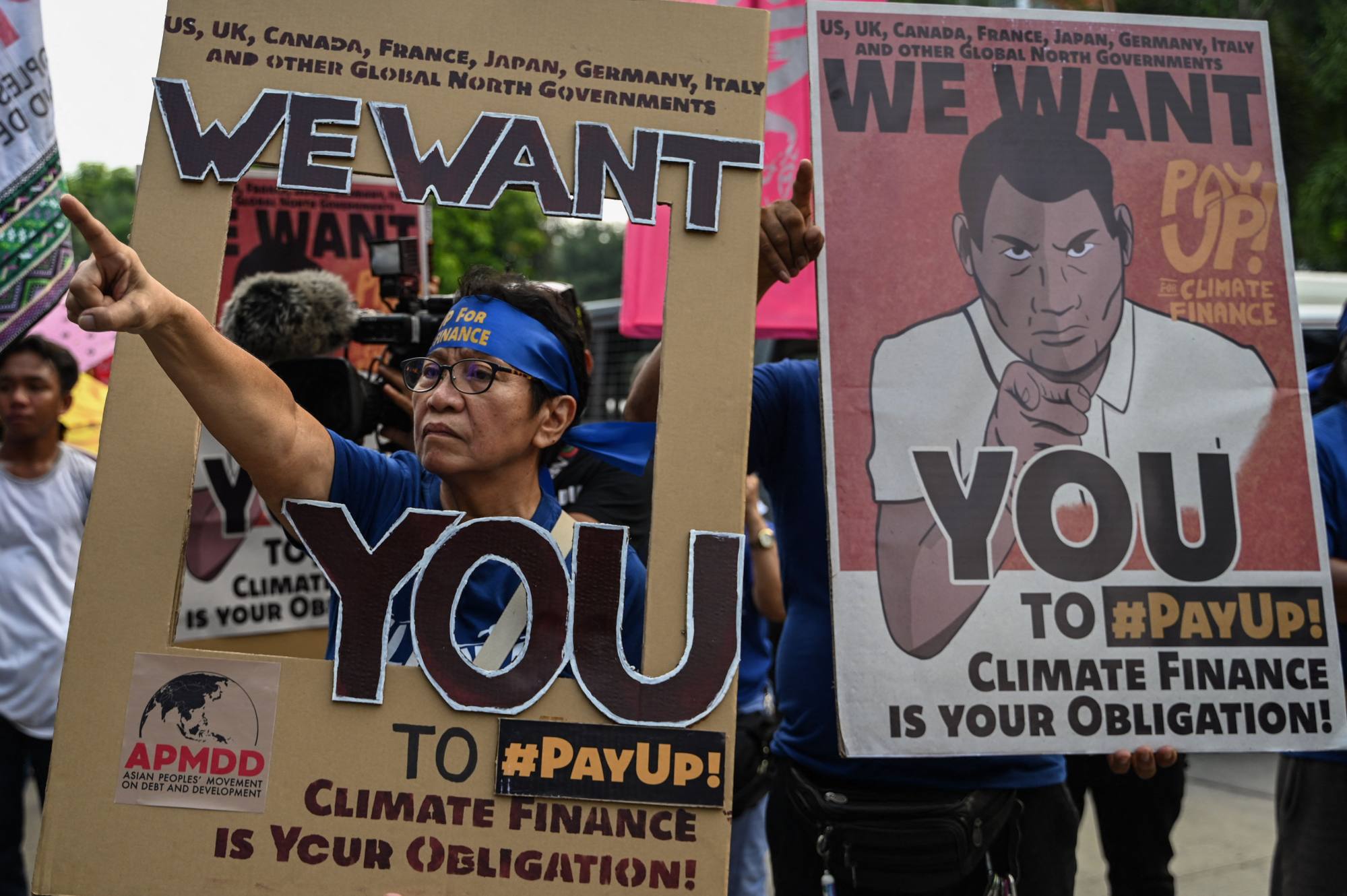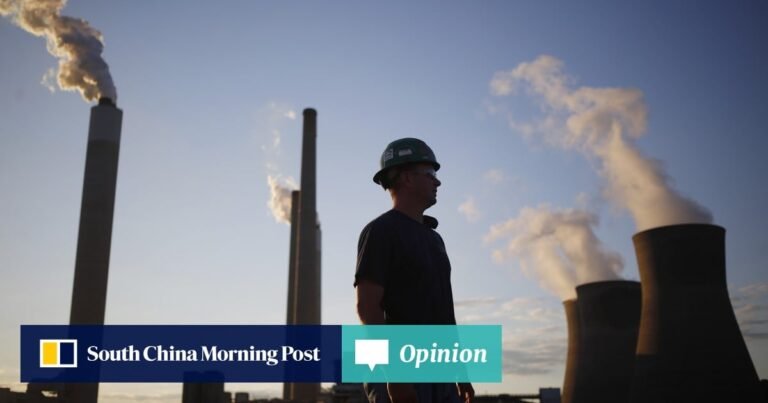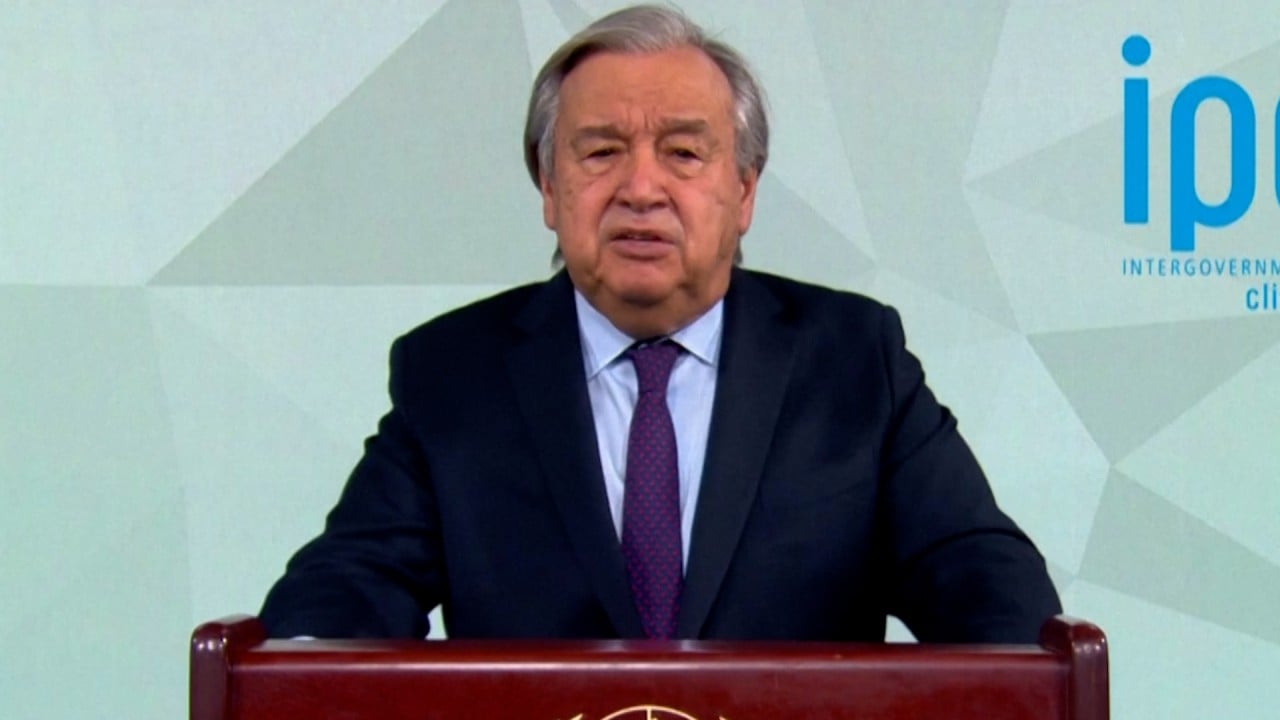“Global investors are turning their backs on sustainably focused stock funds as poor performance, scandals and attacks from US Republicans hit enthusiasm for a much-hyped sector that has pulled in trillions of dollars of assets,” the FT report said.
ESG is not so much an investment bubble as a mirage, one so powerful that, by the end of 2022, global ESG assets had exceeded US$30 trillion and were projected to reach more than US$40 trillion by 2030, according to a Bloomberg Intelligence report at the beginning of this year. Withdrawals to date may not look so large against that, but the tide of opinion has seemingly turned.

It was flawed right from the start. ESG is too diffuse, allowing for myriad interpretations of what the term means and enabling countless firms and other entities to claim compliance with vaguely defined standards.
All they had to do was promise to respect the environment, keep in mind their (undefined) social obligations and practise good corporate governance in running their enterprises. That would earn them the approval, it was suggested, not only of the UN but of corporate shareholders and perhaps even stock markets.
This, in turn, would generally burnish the image of capitalism while aiding environmental sustainability. What was there not to like about a system that appeared to promise good public relations in return for minimal commitments and outlays?
Getting the corporate sector to promise good behaviour across a range of goals that include sustainability and the environment among others is not the same as directing investment into well-defined climate goals like reducing greenhouse gas emissions. The energies of the financial sector would have been better directed towards the latter.
Instead, investment in ESG stocks and funds – aided by the swing towards exchange-traded funds – has allowed it to dominate the sustainability universe at the expense of other approaches. Until now, that is.
Even before the recent withdrawal from equity funds, ESG had become so associated with “woke” capitalism that the CEO of investment leviathan Black Rock, Larry Fink, refused to use the term, saying it had become too “politicised” – although he continues to support sustainable investment principles.

The money that has flowed into ESG funds from institutional and individual investors, and which has chiefly benefited the fund management industry, might have been better directed to other forms of sustainable investment, of which there are many.
The bottom line is that market-based solutions are just not going to work without official intervention to decide where the need for spending is, how much is required and in what form investments should be structured. Fortunately, multilateral development banks have taken a step down this road by agreeing to coordinate their efforts on climate change.
But this does not go far enough. They need to be given more capital and authority to identify projects and fund them in the initial stages before packaging and securitising them for sale to the market.
That way, maybe we can avoid ill-conceived efforts like ESG that threaten to waste trillions of dollars more than they have done already. One way or another, this is going to hit the pockets of investors and/or taxpayers and that should make them sit up and take notice.
Anthony Rowley is a veteran journalist specialising in Asian economic and financial affairs


